Delaware Prosperity Partnership

September 27, 2021
Miller Metal Fabrication Chooses to Grow in Southern Delaware

September 27, 2021
Siemens Healthineers Chooses Delaware for Expansion
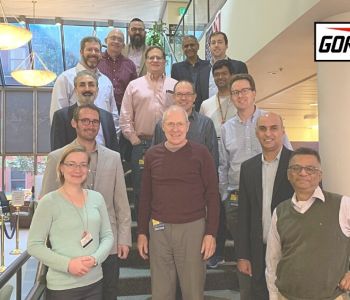
September 22, 2021
Delaware’s W. L. Gore & Associates Ranks 2nd on Fast Company’s Best Workplaces for Innovators List

September 17, 2021
Delaware’s ANP Technologies Excels at Rapid Diagnostic Tests
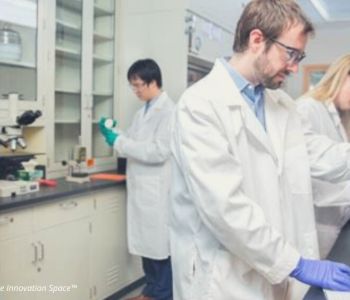
September 17, 2021
The Innovation Space™ Expands Lab and Office Space for Startups

September 14, 2021
Adesis Announces Expansion at Delaware’s DuPont Experimental Station

September 9, 2021
Market Pressure Relief Fund Available for State Contractors

August 30, 2021
Health Care Student Loan Forgiveness Programs Attract Doctors and Nurses in Delaware
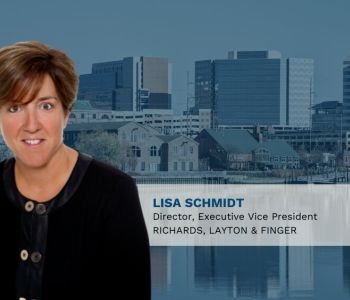
August 23, 2021
Lisa Schmidt Practicing Law ‘the Delaware Way’
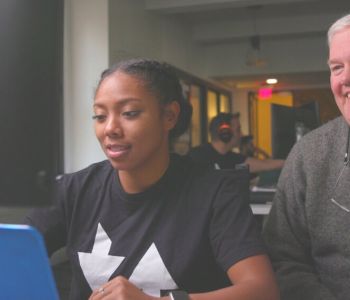
August 10, 2021
Delaware Earns Top 10 Placements in 2021 Business Facilities Report
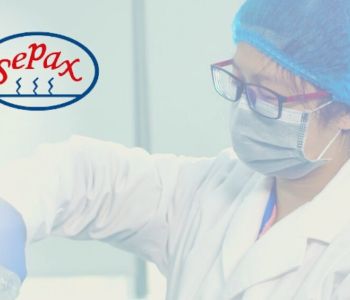
August 9, 2021
Sepax Technologies Inc. Chooses to Grow in Delaware
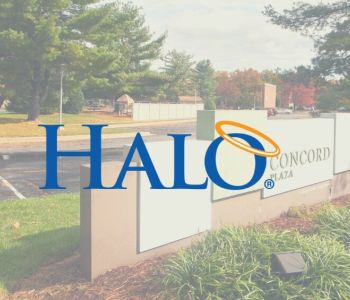
August 9, 2021
Advanced Materials Technology Chooses Delaware to Expand











